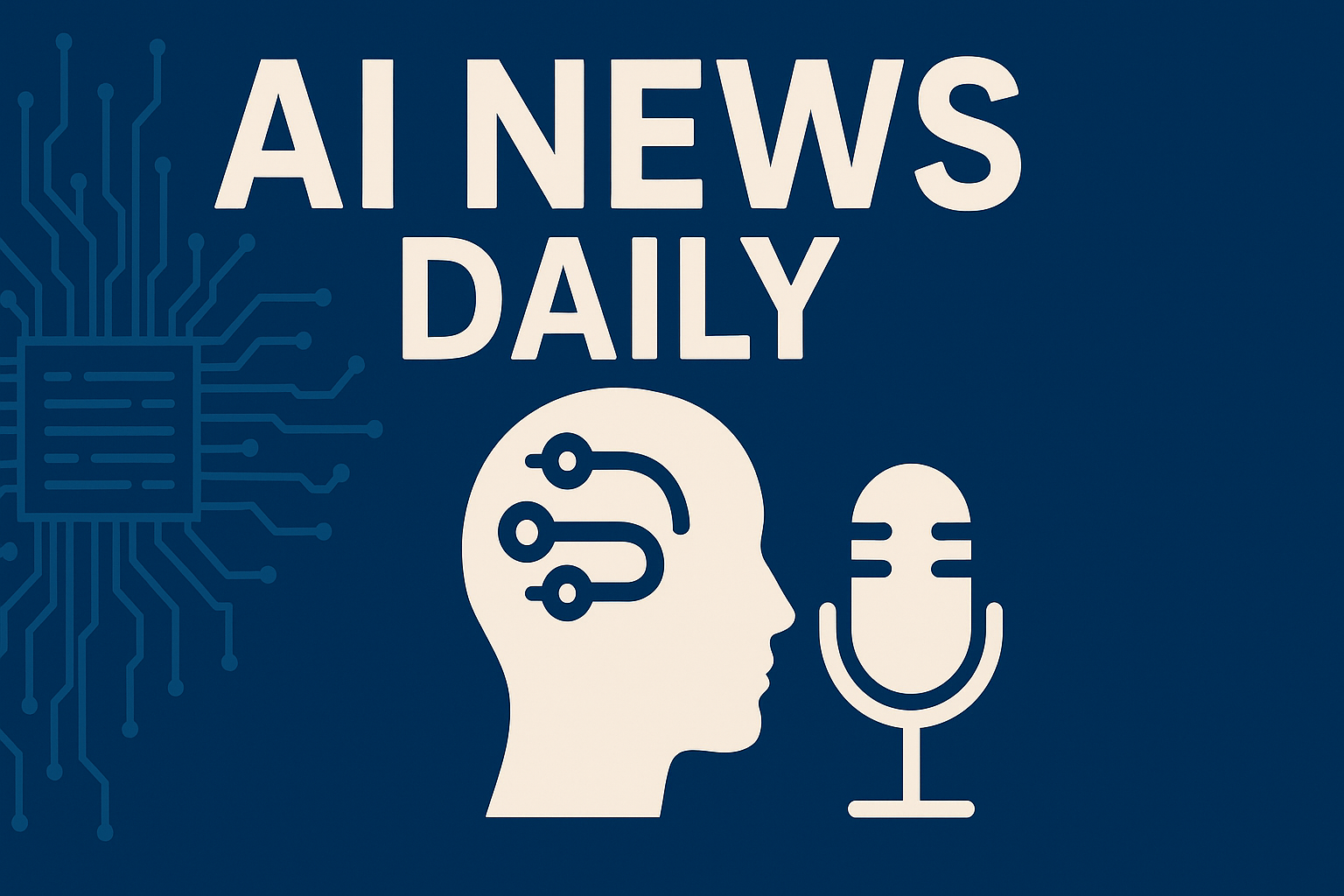Title: Global AI Advances: OpenAI, Google, Meta Drive Transformative Shifts Across Tech, Security, Law, and Society
Content:
OpenAI is poised to release GPT-5, its most advanced language model yet, in August 2024, boasting unified capabilities, enhanced reasoning, and a planned open-weight model launch to improve AI accessibility. CEO Sam Altman cautions, however, that while GPT-5 will unify OpenAI’s tools, dramatic mathematics breakthroughs or fully autonomous AI aren’t expected immediately. Concurrently, OpenAI is seeking greater autonomy from Microsoft, reflecting intensifying competition among tech giants. The company has also launched a $50 million fund for nonprofit AI innovation, debuted an agent-based shopping tool, and expanded availability of the ChatGPT Agent to Plus users worldwide. OpenAI’s tech is also being integrated into educational platforms like Instructure’s Canvas, aiming to automate tasks and protect student data.
Meta, meanwhile, has hired ChatGPT co-creator Shengjia Zhao as chief scientist for its new Superintelligence Labs, underscoring escalating competition for leading AI talent. Google continues to expand Gemini AI, which recently earned gold at the International Mathematical Olympiad—a feat praised by Elon Musk—showcasing AI’s growing prowess in problem-solving. Google’s push includes deeper Gemini integration in Search, new agentic features, an “AI Mode,” a pilot “Web Guide” tool for reorganizing search results, concern over the environmental cost of AI-driven searches, and the introduction of Gemini into Firebase’s developer tools. Google has also launched Opal, a no-code AI app builder in public beta, to rival platforms like Figma’s “Make AI,” FlutterFlow’s updated design tools, and Microsoft’s GitHub Spark—all aimed at broadening access to app development via natural language.
Retail, finance, and industry are also rapidly adopting AI. Samsung is expanding partnerships with OpenAI and Perplexity for its upcoming Galaxy S26 smartphones to offer diverse, Gemini-alternative AI features, while Walmart has created executive roles dedicated to AI-led retail transformation. In fintech, Lightyear raised $23 million to scale its AI-powered investing tools across Europe, and new studies show two-thirds of Gen Z crypto traders rely on AI for calmer, smarter decisions. Trunk Tools secured $40 million to bring AI-driven project management to the construction sector, and researchers urge deployment of AI chatbots to support digital literacy for small business owners.
Security concerns remain critical as a major Amazon AI coding tool vulnerability exposed gaps in safeguards, Google’s Gemini and other AI assistants have been accused of causing data loss, and a survey revealed nearly 8% of U.S. and U.K. workers use unregulated Chinese AI tools, risking confidential corporate data. In legal news, Anthropic faces a $1.05 trillion class-action lawsuit over allegedly using millions of copyrighted books to train its Claude AI, potentially reshaping copyright law for the entire sector.
AI’s societal impact is further highlighted by recent events in India. The Supreme Court has adopted AI tools to manage cases and translate judgments into 18 regional languages, while the tax authority leveraged AI to recover $1.3 billion in revenue. A viral AI-generated erotic deepfake of an Indian homemaker has ignited a national debate on digital identity crimes, prompting calls for stricter cyber laws. In healthcare, an Israeli pediatrician used AI to uncover and correct a fatal textbook error, illustrating AI’s lifesaving potential.
Elsewhere, Midjourney has introduced advanced video creation tools on Discord, blurring creative lines with rivals like ChatGPT and Google Veo, while startups like Deamoy and platforms like CoSyn and DualDistill are democratizing AI-based app construction and complex task-solving. Java is emerging as a preferred language for scalable, agentic AI systems. The U.S. Education Department is pushing responsible AI adoption in schools amid cybersecurity worries, and AR Rahman is partnering with OpenAI’s Altman to launch “Secret Mountain,” an AI-powered metaverse for Indian music creators.
Finally, environmental and psychological concerns are rising alongside AI’s growth. Experts warn of AI search’s hidden carbon costs, and OpenAI’s Altman argues that short-form video apps pose a greater danger to children than AI itself. Amid calls for clearer ethical guidelines and stronger technical safeguards, the global race for smarter, safer, and more accessible AI continues to reshape technology, business, governance, and daily life.
